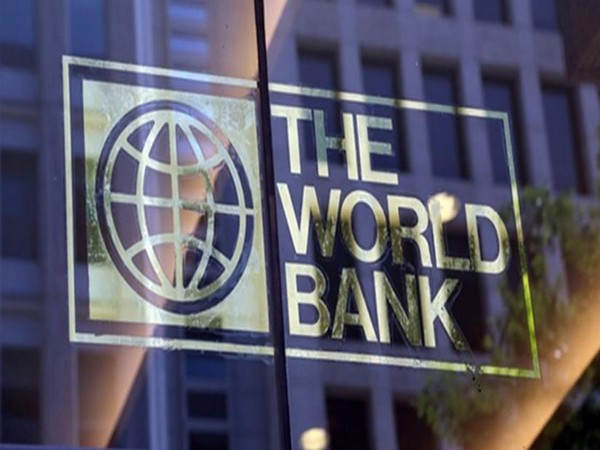WE Finance Code unveiled to empower women entrepreneurs and bridge financial inclusion gap
The WE Finance Code was officially launched on Thursday, October 12th, on the sidelines of the World Bank Group-IMF Annual Meetings held in Marrakech, Morocco.

The Women Entrepreneurs Finance Initiative (We-Fi), a global partnership housed in the World Bank, has unveiled a new effort to empower women entrepreneurs and bridge the financial inclusion gap: the Women Entrepreneurs Finance Code (WE Finance Code). The framework has garnered resounding support from leaders of six Multilateral Development Banks (MDBs), cementing a partnership dedicated to driving systemic change to accelerate gender equality in the financial sector.
A pioneering initiative aimed at fostering financial inclusion, the WE Finance Code is a commitment by financial service providers, regulators, development banks, and other financial ecosystem players to work together to increase funding provided to women-led micro, small and medium enterprises (WMSMEs) around the world, so that they can grow and add value to the economy and their communities.
The WE Finance Code was officially launched on Thursday, October 12th, on the sidelines of the World Bank Group-IMF Annual Meetings held in Marrakech, Morocco.
Niels Annen, Germany’s Parliamentary State Secretary to the Federal Minister for Economic Cooperation and Development introduced the WE Finance Code at the launch event: “It is our collective responsibility to remove the barriers hindering women's participation in the economy. I would like to commend the World Bank for its commitment to accelerating gender equality.”
In a demonstration of solidarity and commitment to championing women’s economic empowerment, leaders of six multilateral development banks, whose institutions will implement the WE Finance Code, came together to endorse a Joint Statement of Support. This endorsement highlights a shared goal to drive systemic change and accelerate gender equality at scale: “We, the Implementing Partners of We-Fi, are committed to advancing access to financial services for women and women-led enterprises, to providing innovative solutions to mobilize capital, and to supporting enabling environments for gender-inclusive finance.”
MDB leaders who signed the joint statement include:
African Development Bank Group: Beth Dunford, Vice President for Agriculture, Human and Social DevelopmentAsian Development Bank: Masatsugu Asakawa, PresidentEuropean Bank for Reconstruction and Development: Odile Renaud-Basso, PresidentInter-American Development Bank: James P. Scriven, CEO, IDB InvestIslamic Development Bank: Muhammad Al Jasser, PresidentWorld Bank Group: Ajay Banga, President“With its emphasis on women’s leadership, sex-disaggregated data, and measures that help mobilize private capital for women, the WE Finance Code is an example of the proposed 2024-2030 World Bank Gender Strategy in action. It provides an opportunity for the global financial community to unlock the immense talents and entrepreneurial potential of women,” says Hana Brixi, Global Director for Gender at the World Bank.
We-Fi Implementing Partners will support 24 countries to pilot the WE Finance Code through the introduction of National Codes. Sri Mulyani Indrawati, Finance Minister of Indonesia, spoke at the launch event in Marrakech with a clear commitment to supporting the WE Finance Code’s implementation in Indonesia, one of the pilot countries, “Indonesia will actively optimize our collaboration with multilateral development banks to transform the financial ecosystem for women-led MSMEs, and look forward to learning from others on how we can continue making progress. We would also like to see how countries can advance on the WE Finance Code globally.”
Countries selected to pilot National Codes include: Albania, Bosnia and Herzegovina, Cote d’Ivoire, Dominican Republic, Egypt, Fiji, Indonesia, Kazakhstan, Kosovo, Kyrgyz Republic, Madagascar, Mongolia, Montenegro, Mozambique, Morocco, Nigeria, North Macedonia, Rwanda, Senegal, Serbia, Somalia, Sri Lanka, and Tajikistan. Many of the National Codes will be launched in March – April 2024.










